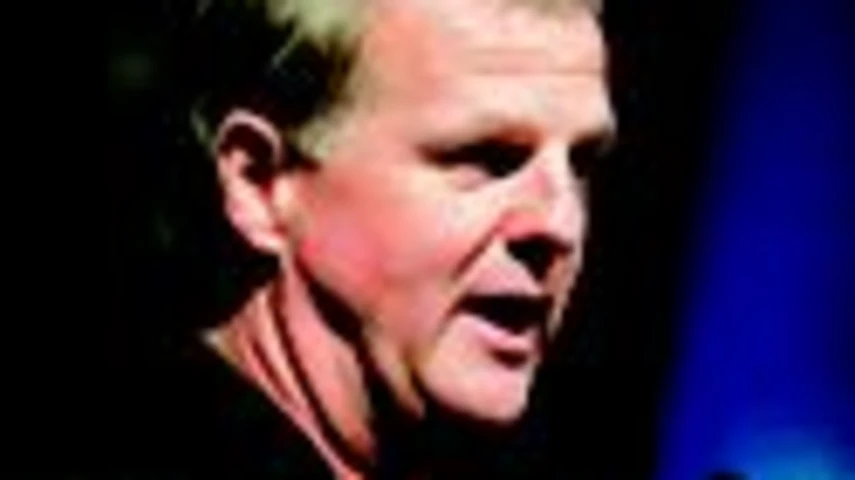Beware the ‘clean’ tech bubble



Garry Weaven
Investors in the super industry should “beware the coming clean tech bubble, which will have myriad characteristics in common with the IT tech bubble of 2000”, according to Industry Funds Management chairperson Garry Weaven.
Speaking at an Australian Institute of Superannuation Trustees function in Sydney yesterday, Weaven said that “just as with the IT bubble there will be a lot of hot air mixed up with the advances in renewable energy technology”.
At the same time, he said “huge investment opportunities will open for investors with the increasing use of renewable energy as Australia acts to reduce its carbon emissions”.
He said the outlook has changed profoundly for renewable energy in Australia in the past few months, (in part because of) the change of Federal Government, which signed the Kyoto Agreement in January as its first action.
“Higher carbon emission reduction targets are on the way” for signatories to Kyoto than the initial targets in the order of 60 per cent on 1990 levels by the year 2050, he said.
“There is still a lot of uncertainty as to how these targets will apply in Australia, but there will be some sort of system whereby certificates can be traded to create incentives to reduce pollution.
“Until those rules are in place — by the end of this year at the earliest — no one can predict what particular assets are going to be affected in price, which industries are going to be hard hit and which are going to be advantaged.”
“The only certainty is that renewable energy will be advantaged, with gas and clean gas, wind and hydro (and bio-mass) the big winners.
The International Energy Agency has predicted a 60 per cent increase in energy requirements by 2030, he said, and at the same time a reduction in emissions intensity by 40 per cent between 2100 and 2020 is required.
“All that means pretty simply is that there is going to be huge demand for renewable energy in China and India, and also in Brazil, Chile, and globally in the developed word.
“Renewable energy is such a tiny potential of the total, that it has enormous and obvious potential for growth, and has been a safe investment bet for some time,” he said.
Recommended for you
Unregistered managed investment scheme operator Chris Marco has been sentenced after being found guilty of 43 fraud charges, receiving the highest sentence imposed by an Australian court regarding an ASIC criminal investigation.
ASIC has cancelled the AFSL of Sydney-based Arrumar Private after it failed to comply with the conditions of its licence.
Two investment advisory research houses have announced a merger to form a combined entity under the name Delta Portfolios.
The top five licensees are demonstrating a “strong recovery” from losses in the first half of the year, and the gap is narrowing between their respective adviser numbers.











